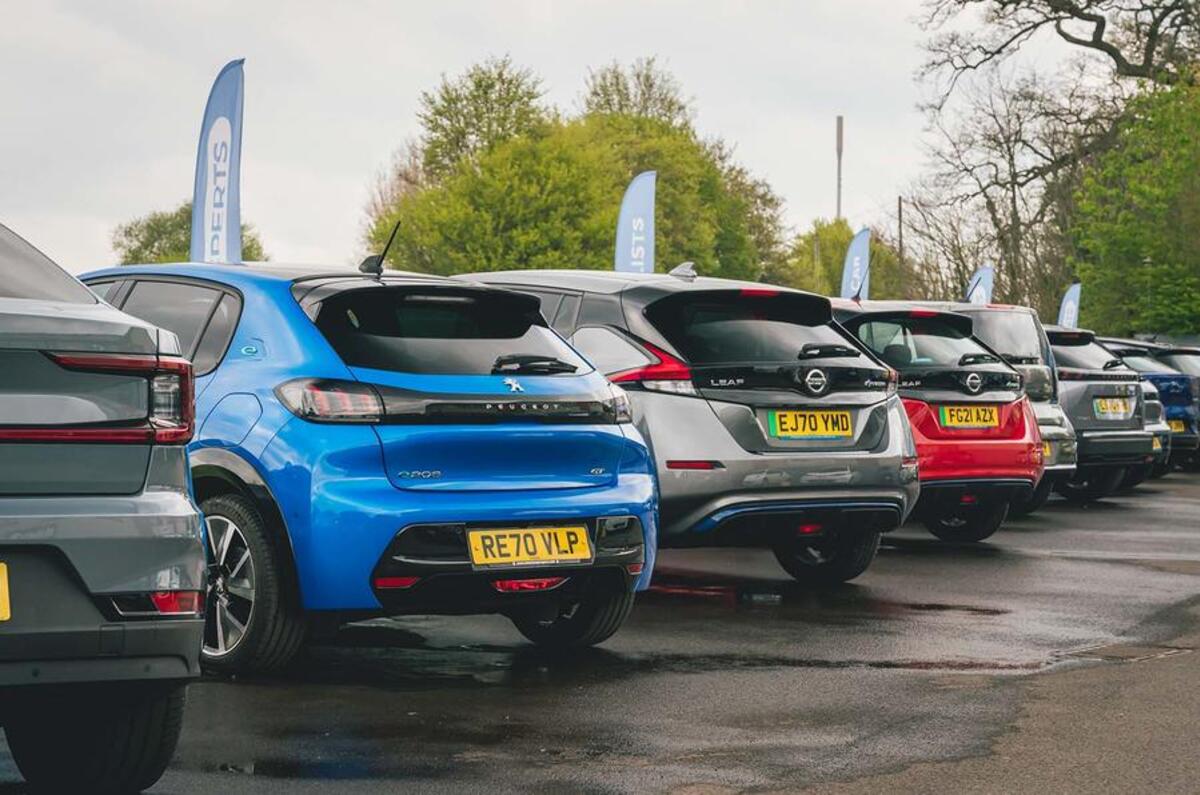Used electric vehicle prices bottomed out in September and October and even outperformed those for petrol and diesel models, new data shows.
Budget models such as the Renault Zoe and Nissan Leaf actually rose in value during the past two months, according to figures from used market analyst CAP HPI.




Add your comment